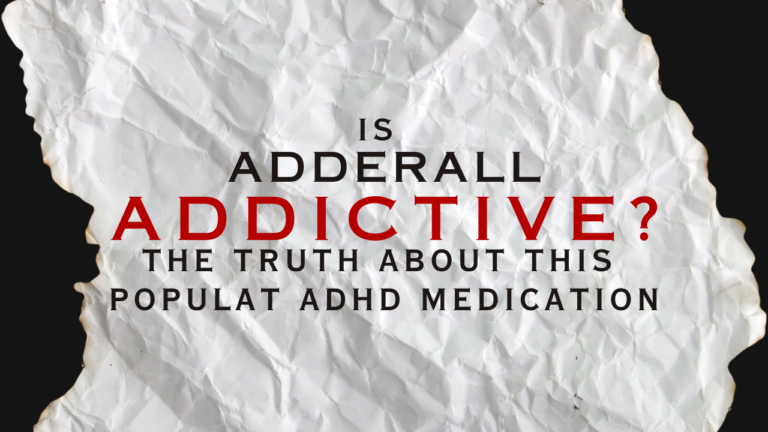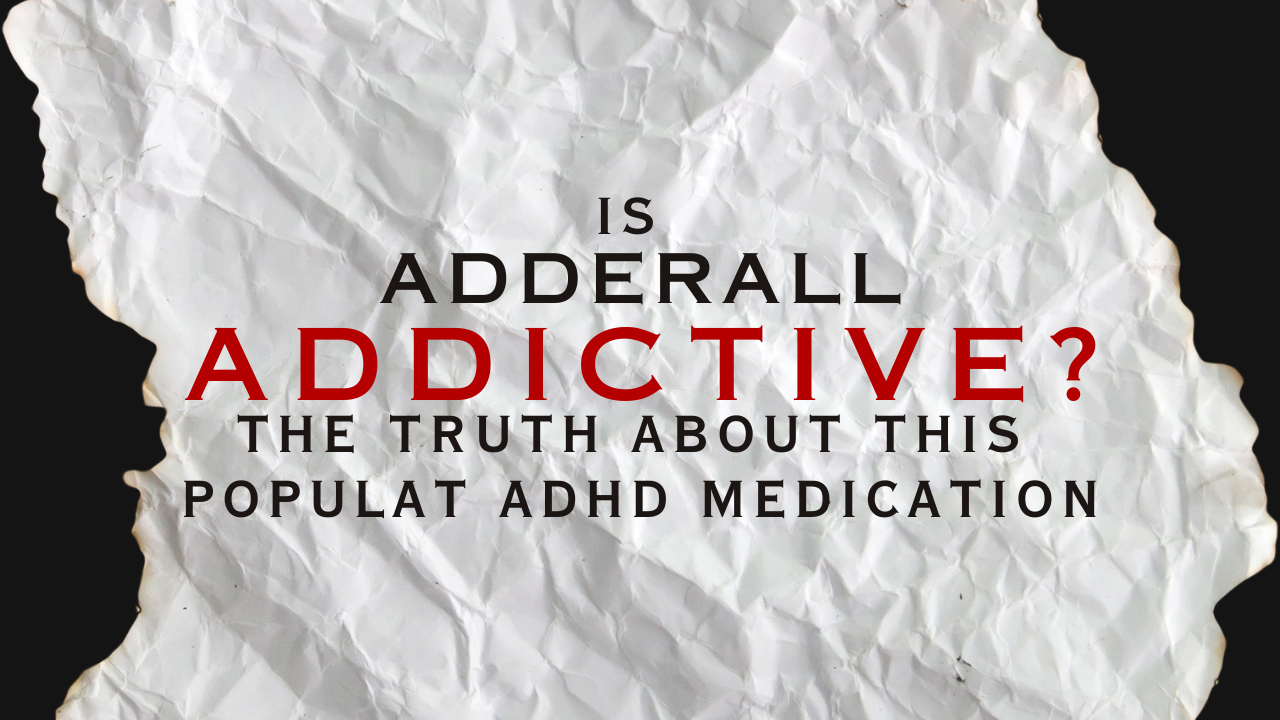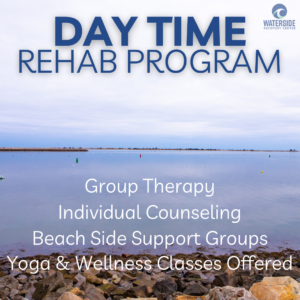
Is Adderall Addictive? The Truth About This Popular ADHD Medication
Adderall is a prescription medication that is commonly used to treat attention deficit hyperactivity disorder (ADHD) and narcolepsy. It contains a combination of amphetamine and dextroamphetamine, which are central nervous system stimulants that increase the levels of dopamine and norepinephrine in the brain. While Adderall can be an effective treatment for these conditions, there are concerns about its potential for abuse and addiction.
Adderall is classified as a Schedule II controlled substance by the Drug Enforcement Administration (DEA) due to its high potential for abuse and dependence. This means that it is considered to have a high risk of addiction and can only be prescribed by a licensed healthcare provider. Despite these regulations, Adderall is often misused by individuals who do not have a prescription or who take it in ways other than as directed. This misuse can lead to serious health consequences, including addiction.
Understanding Adderall
Composition and Function
Adderall is a central nervous system (CNS) stimulant composed of two active ingredients: amphetamine and dextroamphetamine. These chemicals work by altering the levels of certain neurotransmitters in the brain, specifically dopamine and norepinephrine. Dopamine is a neurotransmitter associated with pleasure, motivation, and reward, while norepinephrine is involved in attention and alertness.
Adderall increases the levels of these neurotransmitters in the brain, leading to increased focus, attention, and alertness. It also has the potential to induce feelings of euphoria and energy, which can be addictive.
Therapeutic Use
Adderall is primarily prescribed to treat attention deficit hyperactivity disorder (ADHD) and narcolepsy. It is a Schedule II controlled substance, which means it has a high potential for abuse and dependence. As such, it is only available with a prescription from a licensed healthcare provider.
When used as prescribed, Adderall can be an effective treatment for ADHD and narcolepsy. However, it should only be used under the supervision of a healthcare provider and according to the prescribed dosage.
In summary, Adderall is a CNS stimulant composed of amphetamine and dextroamphetamine that works by altering the levels of dopamine and norepinephrine in the brain. It is primarily prescribed to treat ADHD and narcolepsy, but has a high potential for abuse and dependence. It should only be used as prescribed and under the supervision of a healthcare provider.
Addiction and Dependency
Mechanisms of Addiction
Adderall is a stimulant medication that affects the central nervous system. It works by increasing the levels of certain chemicals in the brain, such as dopamine and norepinephrine. These chemicals are responsible for regulating mood, attention, and motivation. When someone takes Adderall, they may feel more focused, alert, and energetic. However, over time, the brain may become dependent on the drug to function properly. This can lead to addiction.
Addiction is a complex condition that involves both physical and psychological factors. When someone is addicted to Adderall, they may experience intense cravings for the drug, as well as withdrawal symptoms when they try to stop taking it. These symptoms can include fatigue, depression, irritability, and difficulty sleeping.
Risk Factors for Addiction
Not everyone who takes Adderall will become addicted to it. However, certain factors can increase the risk of developing an addiction. These may include a personal or family history of addiction, a history of mental health issues such as anxiety or depression, and a history of substance abuse.
Additionally, people who take Adderall without a prescription or who take higher doses than prescribed may be more likely to develop an addiction. It is important to follow the prescribed dosage and to only take Adderall under the supervision of a healthcare provider.
Recognizing Adderall Addiction
Recognizing addiction can be difficult, as the symptoms may be subtle at first. However, some signs that someone may be addicted to Adderall include:
- Taking higher doses than prescribed
- Taking the drug more frequently than prescribed
- Continuing to use the drug despite negative consequences, such as legal or financial problems
- Spending a lot of time and energy obtaining and using the drug
- Neglecting responsibilities or relationships due to drug use
If you or someone you know is experiencing these symptoms, it may be a sign of addiction and professional help should be sought.
Treatment and Recovery
Treating Adderall addiction typically involves a combination of therapy and medication. Behavioral therapies, such as cognitive-behavioral therapy, can help individuals learn coping skills and strategies to manage cravings and avoid relapse. Medications, such as antidepressants, may also be used to treat underlying mental health issues that may be contributing to the addiction.
Recovery from Adderall addiction is a gradual process and may take several months or more. It is important to have a strong support system in place, including family, friends, and healthcare providers. It is also important to avoid triggers that may lead to drug use, such as stressful situations or social events where drugs may be present. With the right treatment and support, it is possible to overcome Adderall addiction and lead a healthy, fulfilling life.
At Waterside Recovery Centers we pride ourselves on providing the top addiction treatment in Massachusetts. With a range of evidence-based, client-focused and individualized treatment offerings, we are able to provide the ideal support for those seeking recovery from substance addiction. Please feel free to reach out to our help line at anytime.
(833) 985-4234




